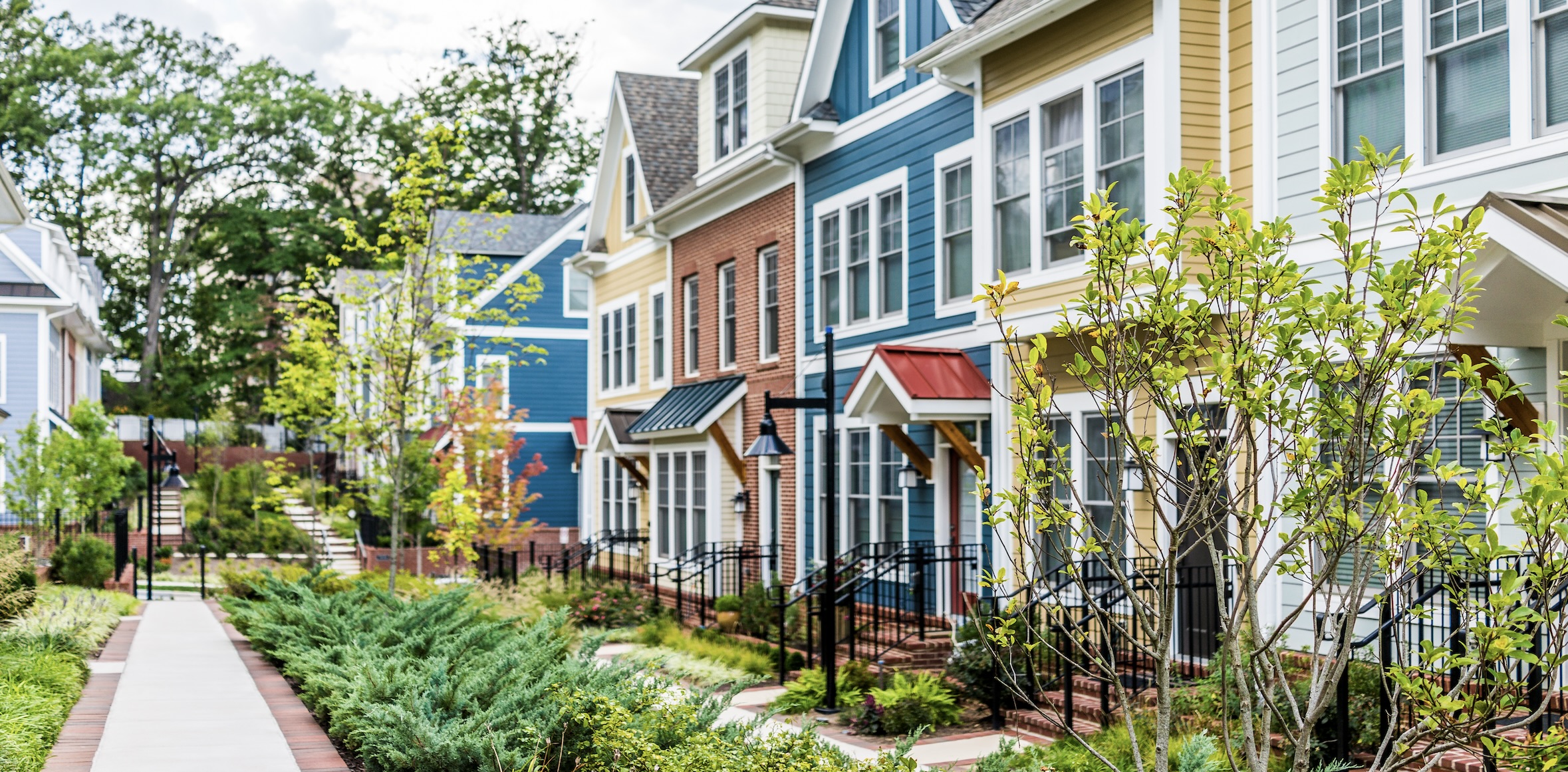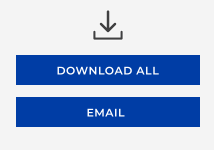
image-20240102-034052
Alfredo Salcedo’s considerable real estate experience belies his youthfulness, and the 26-year-old RE/MAX agent shares that knowledge on twice-weekly radio shows — in Spanish.
Salcedo, an Associate with RE/MAX Leaders in the Denver suburb of Centennial, dedicates roughly 90 minutes a week to his call-in radio shows, which generate about 30 percent of his business. He says his real estate experience is the only preparation he needs for the broadcasts.
Salcedo started in real estate in his native Caracas, Venezuela, at age 15 – working with his family to sell 1,000 low-income homes annually. At age 17, he moved to Denver, and at 21 he earned his real estate license. He quickly discovered a penchant for real estate investment and development.
“My specialty is to buy land and build properties, and to do fix-and-flip development,” says Salcedo who joined RE/MAX in 2012. “Then when I get clients, I help them sell, but it’s aimed more toward an investment perspective – even if they’re first-time homebuyers.”
This investment approach is fulfilling for both Salcedo and his clients, about 80 percent of whom are Spanish speakers. “More than just buying or selling, I like advising my clients how to grow their assets, their properties. I talk with them about how to get more properties, how to make them perform better, get higher rents, when is a good time to sell and change to a different school district or different location to improve their cap rates,” he says. “I love when clients call me back after a year or so and say, ‘Hey, my house appreciated 30 percent and I now I have $100,000 in equity. What can I do with it?'”
Salcedo’s impetus to start his radio shows arose when he realized many people – especially in the Hispanic community – lacked even basic knowledge about real estate. “A lot of people get taken advantage of, both buying and selling,” he says. He viewed the shows as a way to help the community by arming them with knowledge while connecting with potential clients.
“As Realtors we know a lot, so we think it’s just common sense for most people, but that’s not the case,” Salcedo says. “It’s good for them to have someone to call to get their questions answered.”
Tune In!
If you’re in Denver—and you speak Spanish—catch Cosas y Casas with Alfredo twice weekly: Mondays from 11:30 a.m. to 12:15 p.m. on KBNO 97.7 FM and Thursdays from 7:30 to 8:00 a.m. on ONDA (KNRV) 1150 AM.

image-20240102-034052
Manning the Mic
Most of the questions Alfredo Salcedo fields from listeners who call in to his radio shows are typical real estate concerns: “I make $5,000 a month; do you think I should buy a house?” Or, “Do I have to pay taxes on my primary residence if I sell it?” But Salcedo’s show is conducted in Spanish, so some questions deal with immigration issues or differences in how transactions are conducted. Here’s a sampling:
I don’t have permanent status in the United States. What would happen to my home if I got deported?
Find someone to act as your power of attorney, and get the agreement notarized now to give them the authority to sell the house if that happens. Because once you’re out of the country, especially if you have a mortgage, it can be very hard to make a large enough monthly salary to pay a mortgage – even if you were easily making that money here. So, find someone who will have the authority to sell or rent the house and to make decisions about the house without you being present. It’s very important to do it now, because it can take a long time to get the power of attorney sent to, say, Mexico, get it notarized, get it translated, and then send it back and get it notarized here – that can be a long process, and in that time, you will likely be falling behind on the loan.
I don’t have permanent U.S. resident status. Can I get a mortgage to buy a new house?
There are some banks that are doing it, but those loans are extremely hard to get. You need a lot of money – the interest rate is high; the down payment is high. So, the odds are that you won’t get approved. If you are able to get an approval, then those loans are very risky ones. They might ask for so much paperwork and get delayed, causing you to lose your earnest money. I don’t like clients to get into those kinds of situations.
How is the process of buying a house different in the United States than in Latin America?
One main difference is that, unlike Latin America, the U.S. relies on a credit-score system. That means that if you operate only in cash here, you may not be able to get a mortgage – even if you make a lot of money – because you haven’t established a credit score and demonstrated that you can pay off debts on time. If you don’t have any debt, you may need to get a credit card or two and pay the bills on time for six months or so. Another difference is with the financials. You need to work with a very good CPA to make sure you’re not missing anything in how your information is presented and to make sure your financial statements show your strengths.
My brother and I bought a house together, and later he moved to a different country. It’s been years since I’ve even spoken to him. Can I sell the house without his approval?
No. If his name is on the title and the mortgage, you will need his written approval. And I wouldn’t start the process until you have that, because you might end up losing money if you don’t get it.
How to Use Radio to Build Business
Six tips from Denver-based Realtor and Spanish-language radio-show host Alfredo Salcedo, who lands about a third of his clients through two weekly call-in shows.
Make connections. Salcedo secured regular spots on two local radio stations because of personal relationships he had with people at the stations. Getting a spot usually depends on availability, but connections can make a difference when competition is tight.
Be a continual learner. “It is very important to stay up-to-date on everything related to real estate,” Salcedo says. When people look to you as the expert, you need to be able to deliver the goods.
Broaden your experience. The more you’ve done in the real estate world, the better equipped you are to help a wide range of callers, Salcedo says. “I differentiate myself from the competition because of my first-hand experiences. I am a buyer, seller, landlord, developer, investor, remodeler and a Realtor every single day,” he explains. “I use all of my business experience to provide value to my clients no matter their requirements.”
Use layman’s terms. “Understand that many listeners aren’t familiar with real estate, so it’s important to keep it simple,” Salcedo says.
Tell it like it is. No need to sugar-coat your answers – callers will appreciate straight talk. “I think it’s important to be honest and transparent to generate confidence in the listener,” Salcedo says.
Be patient. Don’t give up if you don’t see fruit right away. “It takes about six months to create an audience and start generating good leads,” Salcedo says.







